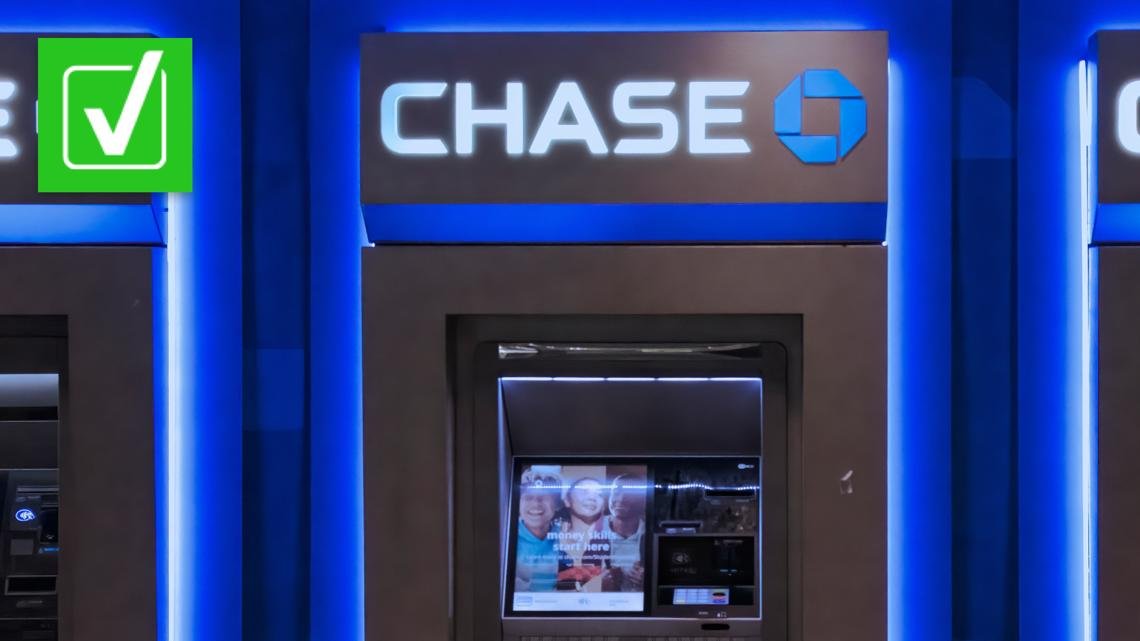Business
Chase Bank ATM ‘Glitch’ Exposed: Why Exploiting It Could Land You in Legal Trouble

HUNTSVILLE, Ala. — A wave of viral videos has emerged on social media platforms, particularly TikTok, showcasing individuals allegedly exploiting a flaw in Chase Bank’s ATM system. The footage depicts excited customers withdrawing cash using checks that many believe to be fraudulent.
Financial experts are sounding alarms regarding these actions, labeling them as check fraud. Those participating in this stunt are quickly discovering that the consequences can be significant.
According to Austen Allred, CEO of the Bloom Institute of Technology, the exploit enabling this behavior does appear to exist. Individuals can allegedly withdraw funds from ATMs by using checks that exceed their real account balances. As Louis DeNicola from Experian stated, “check fraud” occurs when someone knowingly writes a bad check.
Victims of this ATM exploit reportedly write large checks, deposit them into the machine, and immediately withdraw the full amount. Depending on the bank’s policies, access to these funds can vary greatly, ranging from immediate availability to delays due to funds being held for verification.
Chase Bank has not elaborated on the technical details of the glitch, but a spokesperson acknowledged the situation. They emphasized that “depositing a fraudulent check and withdrawing the funds from your account is fraud, plain and simple.”
Users on social media have reacted critically to this phenomenon. Allred commented on X, formerly known as Twitter, highlighting the trend among influencers who treat criminal exploits as clever discoveries. “It seems like for every type of fraud that exists there’s a TikTok influencer who just discovered it and thinks it’s foolproof,” he stated.
Reports indicate that those who attempted to capitalize on this glitch are now facing harsh realities. Many are experiencing account deductions, frozen accounts, and holds on future deposits. The fallout is still unfolding, with potential penalties for engaging in these fraudulent activities ranging from fines to possible jail time.


















